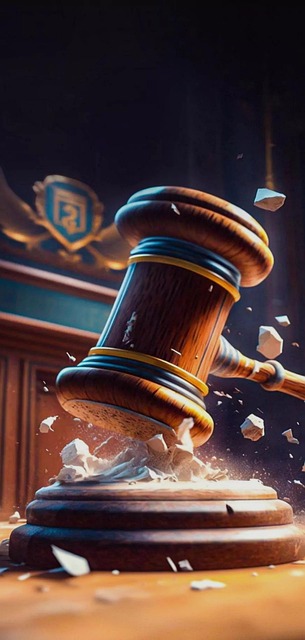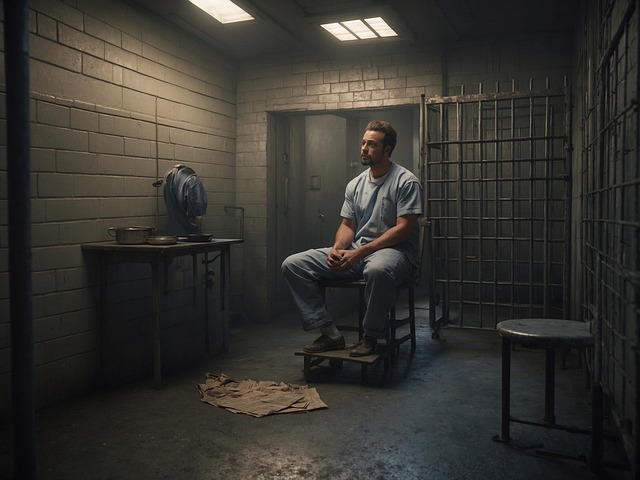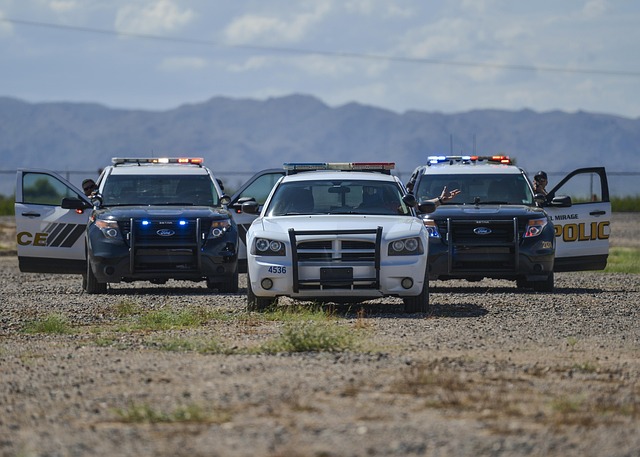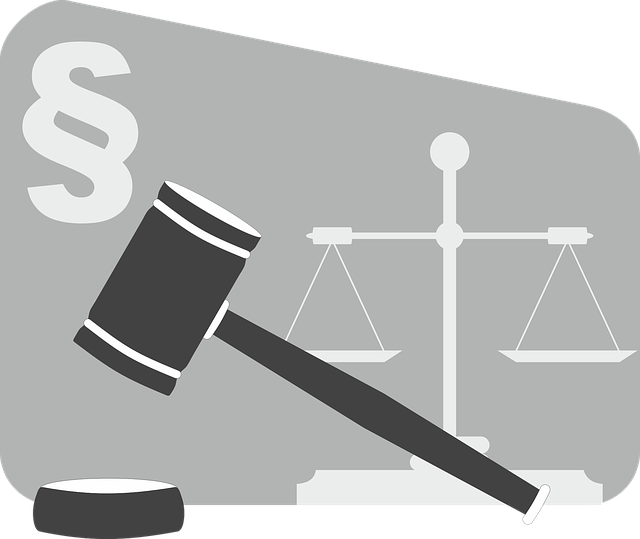Environmental Crime Trials focus on holding perpetrators accountable for violations through a complex process governed by federal, state, and international laws. Key players include prosecutors, defense attorneys, regulatory agencies, and expert witnesses. Understanding Regulatory Law Litigation Stages is crucial: Pre-Complaint Investigation, Litigation, and Jury Trials ensure fairness. International cooperation is vital to combat global environmental crimes by sharing resources, expertise, and information for consistent legal strategies.
Environmental Crime Trials: Unraveling the Complexities of Legal Action Against Eco-offenders. In an era where environmental degradation is a global concern, understanding the mechanics of legal processes becomes vital for justice. This article delves into the intricate world of Environmental Crime Trials, exploring key concepts like defining these trials, the legal frameworks involved, and the crucial roles of various participants. We also navigate Understanding Regulatory Law Litigation Stages, providing a step-by-step guide to demystify this critical process, while highlighting international cooperation’s role in achieving environmental justice.
- Defining Environmental Crime Trials: Legal Frameworks
- Key Players and Their Roles in Litigation
- Stages of Regulatory Law Litigation: A Step-by-Step Guide
- International Cooperation and Impact on Environmental Justice
Defining Environmental Crime Trials: Legal Frameworks

Environmental Crime Trials, also known as Understanding Regulatory Law Litigation, encompass legal battles focused on holding individuals and corporations accountable for environmental violations. These trials delve into complex issues, ranging from pollution and habitat destruction to illegal waste disposal, often involving intricate regulatory frameworks. The legal landscape for such cases is defined by a web of federal, state, and international laws designed to protect the environment and ensure justice.
The investigative and enforcement process unfolds across multiple stages, each crucial in building a robust case. From initial environmental impact assessments to scientific investigations and legal proceedings, every step contributes to achieving extraordinary results. An unprecedented track record of successful prosecutions has emerged, setting precedents for future cases and underscoring the significance of these trials in combating environmental crimes that have far-reaching consequences on ecosystems and communities worldwide.
Key Players and Their Roles in Litigation

In Environmental Crime Trials, several key players emerge who play pivotal roles in the litigation process. These include prosecutors, defense attorneys, regulatory agencies, and expert witnesses. Prosecutors, often representing the state or environmental protection agencies, are responsible for building a strong case against alleged polluters. They must navigate complex legal frameworks and scientific evidence to ensure justice is served. Defense attorneys, on the other hand, defend the rights of their clients, challenging the prosecution’s arguments and presenting alternative explanations.
The respective business interests of these parties drive high-stakes cases where winning challenging defense verdicts can have significant implications for both industry and environmental regulation. Understanding Regulatory Law becomes crucial during these trials as it dictates the standards and practices that businesses must adhere to. The litigation stages, from initial investigation to trial and appeals, demand a deep knowledge of not just environmental science but also the intricacies of legal procedure.
Stages of Regulatory Law Litigation: A Step-by-Step Guide

Navigating Environmental Crime Trials involves understanding a structured process known as Regulatory Law Litigation Stages. This multi-step approach ensures fairness and adherence to legal norms. The initial stage, Pre-Complaint Investigation, involves regulatory agencies gathering evidence and assessing violations. If warranted, they file a complaint, marking the beginning of formal proceedings.
The next phase, Litigation, includes motions, discovery, and pretrial activities. Here, both prosecution and defense teams present their cases, often resulting in settlements or, for complex matters, proceeding to Jury Trials. The latter requires a thorough understanding of environmental laws and white-collar defense strategies, aiming to achieve a complete dismissal of all charges if the defense prevails.
International Cooperation and Impact on Environmental Justice

International cooperation plays a pivotal role in addressing environmental crimes, which often transcend borders due to their global impact. As these high-stakes cases involve complex understanding of regulatory law and international agreements, collaboration between nations is essential for achieving justice and extraordinary results. By sharing information, resources, and expertise, countries can effectively target transnational environmental criminals and hold them accountable under the various litigation stages. This cooperation ensures that legal strategies are consistent, fair, and tailored to the unique challenges posed by these white-collar defense scenarios.
Through international partnerships, nations strengthen their collective ability to protect the global environment, especially in cases where local authorities face limitations or corruption. Such cooperation not only enhances environmental justice but also serves as a powerful deterrent for would-be offenders. By navigating the intricate legal landscape together, countries can establish robust frameworks to prevent and prosecute environmental crimes, ensuring that perpetrators are held accountable on an international scale.
Environmental crime trials, as a crucial aspect of environmental justice, necessitate a comprehensive understanding of regulatory law litigation. By navigating the defined stages, from defining the crime to international cooperation, key players can ensure accountability and deter future violations. Recognizing the global impact of these cases, effective international cooperation becomes essential for upholding environmental standards and securing a sustainable future. Through this structured approach, we can foster a more robust legal tapestry, addressing environmental crimes with enhanced justice and swift resolution.






